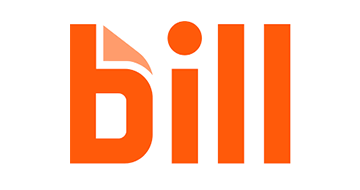
| Starting Price | $45/month |
|---|---|
| Pricing Model | Subscriber based |
| Free Trial | Yes |
| Free Version | No |
Take control of your finances and achieve your financial goals with the best budgeting software available. Effortlessly track income, expenses and savings and gain valuable insight into your financial health.
Find the best value budgeting software on SaasGenius.
Discover the best value budgeting software solutions that offer exceptional value and functionality. Our top picks are industry-leading solutions that can revolutionize the way you handle your personal and business finances.

| Starting Price | $45/month |
|---|---|
| Pricing Model | Subscriber based |
| Free Trial | Yes |
| Free Version | No |

| Starting price | Contact Sales |
|---|---|
| Free trial | No |
| Free version | No |
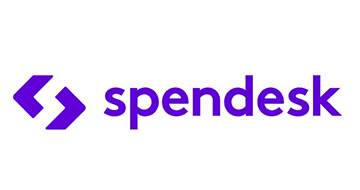
| Starting Price | Contact for price |
|---|---|
| Pricing model | Subscriber based |
| Free Trial | Yes |
| Free Version | No |
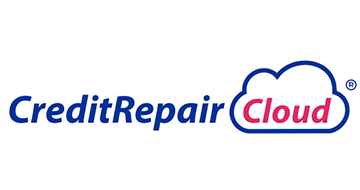
| Starting price | $179 |
|---|---|
| Free trial | Yes, 30 days |
| Free version | No |
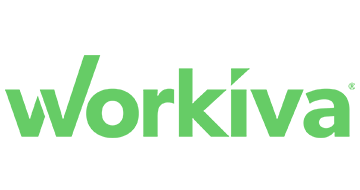
| Starting price | Contact for price |
|---|---|
| Pricing model | Subscriber based |
| Free Trial | Yes |
| Free Version | No |
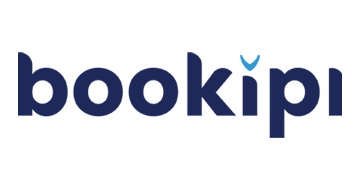
| Starting Price | Free |
|---|---|
| Pricing model | Free |
| Free Trial | Yes |
| Free Version | Yes |
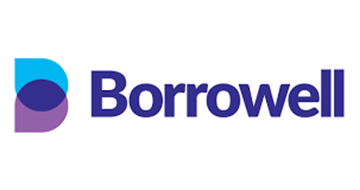
| Starting Price | $10/month |
|---|---|
| Free Version | Yes |
| Free Trial | No |
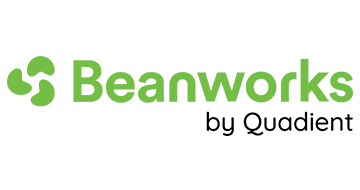
| Starting Price | Contact Beanworks |
|---|---|
| Pricing Model | Quotation based |
| Free Trial | No |
| Free Version | Yes |
Budgeting software is any enterprise planning software that assists in the management, planning, and assessing a business’s or person’s finances. When it comes to budgeting software, there are two main categories:
Personal budgeting software is often less expensive, as it needs to process a smaller amount of information. However, business budgeting software needs scalability and should offer higher levels of customization.
You can use budgeting software every month to analyze your spending and develop more precise strategies for saving money. You can apply budgeting software in personal and business contexts to reduce unnecessary spending.
If you’re still unsure about what’s actually on offer with budgeting software, here are some of the main functions that budgeting software performs:
We use a comprehensive evaluation methodology to rate and rank budgeting software. Our evaluation considers factors such as functionality, ease of use, customer support, and value for money. Each software is given an individual score, called a Genius Score, which ranges from 0 to 100 to provide an accurate assessment of its performance.
Our testing methodology includes hands-on evaluation of each platform’s core features, integration capabilities, and user experience. We also analyze customer feedback from verified users and conduct price-performance comparisons across similar solutions. Visit our dedicated page to learn more about our rating methodology and the Genius Score.
| Features | Essential | Advanced | Enterprise |
|---|---|---|---|
| Real-time Reporting | ✓ | ✓ | ✓ |
| Multi-currency Support | Limited | ✓ | ✓ |
| API Integrations | Basic | ✓ | ✓ |
| Advanced Forecasting | ✗ | ✓ | ✓ |
| Custom Workflows | ✗ | Limited | ✓ |
| White-label Options | ✗ | ✗ | ✓ |
| 24/7 Support | ✗ | Business hours | ✓ |
| User Permissions | Basic | ✓ | Advanced |
Here are some of the main features of budgeting software that you should be looking for. Consider which features are a top priority to suit your business needs:
When you use budgeting software, you must input data that is necessary for forecasting, financial statements, and reporting. Budgeting software will store all of your business’s financial information in one place for better budgeting across all departments.
Let’s discuss some of the main benefits your company can gain from using budgeting software.
Excel spreadsheets can overcomplicate the budgeting process and can require more legwork. Manual processes leave a significant margin for human error and require higher levels of expertise. Budgeting software makes the budgeting process more accessible and straightforward, particularly if your company is not equipped with financial experts.
Your company needs to be constantly aware of the cost of supplies and labor. If these costs rise, this could be detrimental to your profit margins and growth. Budgeting software helps you maintain an awareness of your expenses and any changes in these expenses.
Budgeting software will give you insight into your inventory, including trends in demand for inventory. Your company needs to consistently maintain its inventory to keep daily operations running efficiently, and budgeting software is instrumental in helping you to manage your stock levels and stock expenditure.
Automated compliance reporting ensures your business meets regulatory requirements without manual intervention. The software maintains audit trails and generates necessary documentation for tax purposes and regulatory submissions.
Multiple stakeholders can participate in the budgeting process simultaneously, with real-time updates and comment systems that streamline collaboration between departments and management levels.
Traditional budgeting processes can take weeks or months to complete. Modern budgeting software reduces planning cycles from months to days, enabling more agile business responses to market changes.
Here are some of the company types that would benefit from budgeting software.
Suppose you are running a small business or startup. In that case, you will likely not have the resources to hire a financial department responsible for financial reporting, budgeting, accounting, and forecasting. Budgeting software allows you to stay on top of your expenses without hiring a financial team, which could be unattainable.
For startups, cash flow management is particularly crucial as runway planning can determine business survival. Budgeting software provides the visibility needed to make strategic decisions about growth investments, hiring, and resource allocation.
If you’re running an eCommerce business, you need to focus heavily on your profit margins and expenses. If there are any opportunities to streamline manufacturing, logistics, and fulfillment costs, you need to be aware. Budgeting software can help you gain a competitive edge in the market, allowing you to offer better prices for both your products and shipping costs, bringing in more sales and revenue.
eCommerce businesses benefit particularly from seasonal forecasting capabilities and inventory budget management, which help optimize stock levels during peak and off-peak periods.
If you are self-employed and running a business that provides a service or goods, you need to be aware of your finances while managing daily tasks. Budgeting software can help you stay on top of your expenses and plan, which can be difficult to undertake without hiring external help. Budgeting software grants you more affordable budgeting.
Manufacturing businesses require sophisticated budgeting for raw materials, production costs, and inventory management. Budgeting software helps optimize production schedules based on cost projections and demand forecasting.
Law firms, consulting agencies, and other professional services businesses need project-based budgeting capabilities to ensure profitability across client engagements while managing overhead costs effectively.
Healthcare providers benefit from budgeting software that can handle complex cost structures including equipment depreciation, staff scheduling costs, and compliance-related expenses.
The cost of your budgeting software depends upon the size of your business. The pricing tiers of the software are based on the size of the business entity. The higher-tier plans offer more features than the lower tiers. There are often free versions of the software that offer limited features.
The pricing tiers are usually structured as follows:
When evaluating budgeting software costs, factor in these potential additional expenses:
Before implementing budgeting software, conduct a thorough assessment of your current budgeting processes, identify key stakeholders, and establish clear objectives for what you want to achieve.
Clean and organize your financial data before migration. Ensure consistency in chart of accounts, cost centers, and reporting structures to maximize software effectiveness.
Invest in comprehensive user training to ensure adoption across your organization. Most successful implementations include both initial training and ongoing support resources.
Plan your integrations carefully, prioritizing connections with your accounting software, payroll systems, and other critical business applications.
Organizations often encounter these challenges when implementing budgeting software:
Modern budgeting software should provide:
To measure the return on investment of your budgeting software implementation, track these key metrics:
Successful budgeting software implementations typically integrate with:
Budgeting software has become an essential tool for businesses of all sizes seeking to maintain financial control and drive growth. The right solution can transform your financial planning process from a time-consuming manual task into a strategic advantage.
When selecting budgeting software, prioritize solutions that align with your business size, industry requirements, and growth objectives. Consider not just current needs but also future scalability requirements as your business evolves.
The investment in quality budgeting software typically pays for itself through improved accuracy, time savings, and better financial decision-making capabilities. By leveraging the comprehensive features and integration capabilities of modern budgeting platforms, businesses can achieve better financial visibility and control than ever before.
Remember that successful budgeting software implementation requires careful planning, proper training, and ongoing optimization to maximize its value for your organization.